Delhi HC delivers split verdict on marital rape
Thu 12 May 2022, 12:25:23
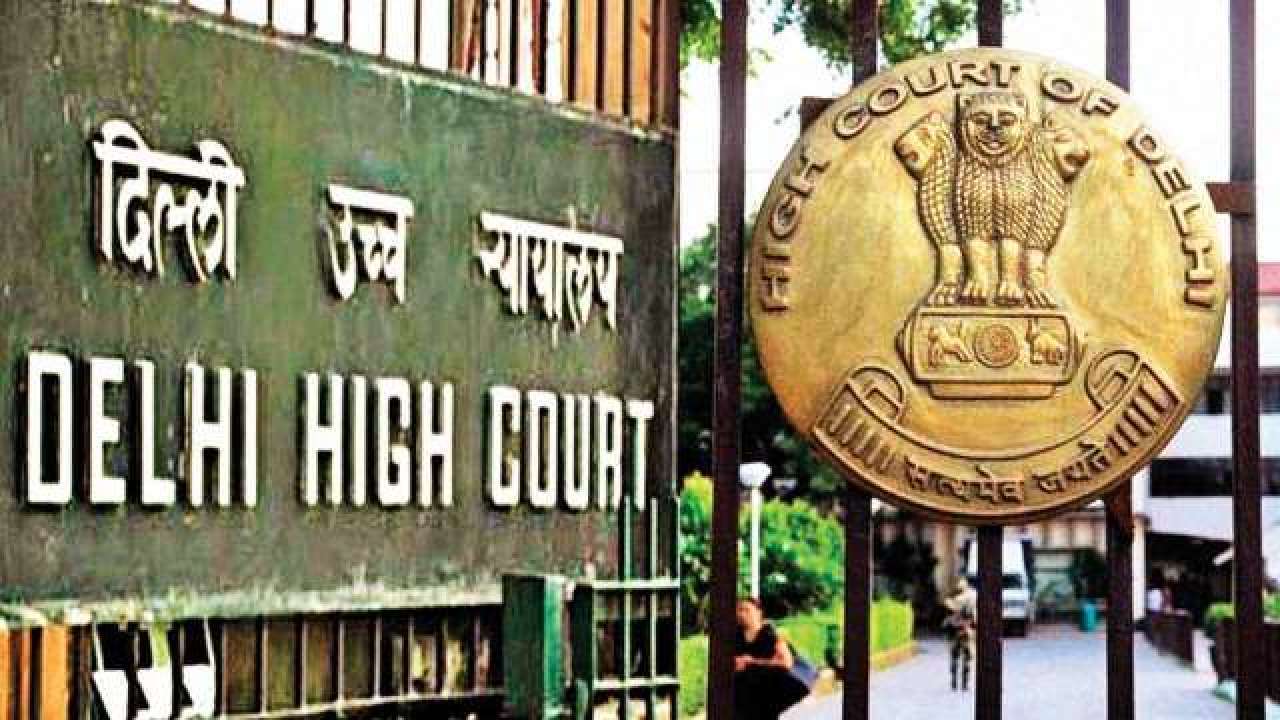
New Delhi: With two judges of the Delhi High Court on Wednesday giving a split verdict on the question of criminalising rape within marriage, leaving the law unchanged, the issue will now go to the Supreme Court.
Justice Rajiv Shakdher, who headed the two-judge Bench, struck down as unconstitutional the exception to Section 375 of the Indian Penal Code (IPC) which says that sexual intercourse by a man with his wife aged 18 or above is not rape even if it is without her consent.
However, Justice C. Hari Shankar rejected the plea to criminalise marital rape noting that any change in the law has to be carried out by the legislature since the issue requires consideration of various aspects, including social, cultural and legal.
“The right to withdraw consent at any given point in time forms the core of the woman’s right to life and liberty which encompasses her right to protect her physical and mental being,” Justice Shakdher said, calling for a change in the 162-year-old law.
“While marital rape leaves physical scars, it inflicts much deeper scars on the psyche of the victim which remain with her years after the offence has occurred,” the judge added.
The two judges differed on key issues such as availability of evidence, the importance of consent, whether the court could adjudicate over the issue of marital rape or only the legislature could decide, whether the State's concerns about safeguarding the institution of marriage were valid or
not, and whether remedies were available to women survivors of spousal violence in other laws such as the law on domestic violence.
not, and whether remedies were available to women survivors of spousal violence in other laws such as the law on domestic violence.
Consent is not the sole deciding factor. What determines whether or not the sexual act is an offence are the circumstances set forth in Section 375. In other words, circumstances/context determine the nature of consent or its absence," said Justice Shankar.
Probing the issue of consent further, he said, "consent is given as a part of spousal intimacy although the will to engage may be absent."
He also said that presence of injuries on a partner during sex may not necessarily imply absence of consent as "in the age of sexual liberation" injuries could be a sign of "passion". He was referring to sado masochistic sex.
The judge further noted that by removing the exception, courts will be creating an offence, which is proscribed in law.
"Therefore, State's intervention through the legislative route is required to balance individual dignity and prevent the possibility of abuse of legal remedies which may end up harming an individual's dignity/reputation," according to Justice Shankar
In India, marital rape is not defined in any statute or law. The High Court’s verdict came on a bunch of petitions, including by NGO RIT Foundation, the All India Democratic Women’s Association and a marital rape victim, who challenged the exception to Section 375 of the IPC.
No Comments For This Post, Be first to write a Comment.
Most viewed from National
Most viewed from World
AIMIM News
Latest Urdu News
Most Viewed
May 26, 2020
Should there be an India-Pakistan cricket match or not?
Latest Videos View All
Like Us
Home
About Us
Advertise With Us
All Polls
Epaper Archives
Privacy Policy
Contact Us
Download Etemaad App
© 2026 Etemaad Daily News, All Rights Reserved.

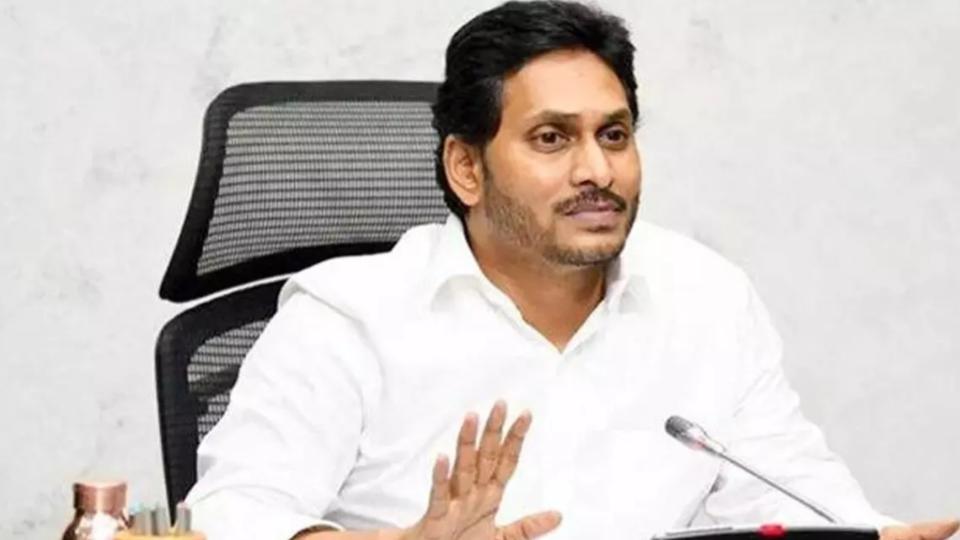

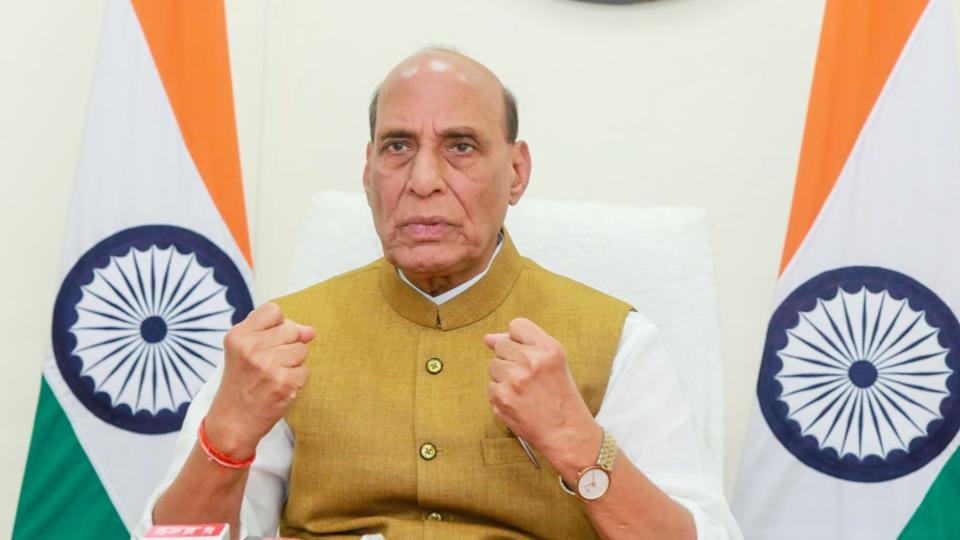
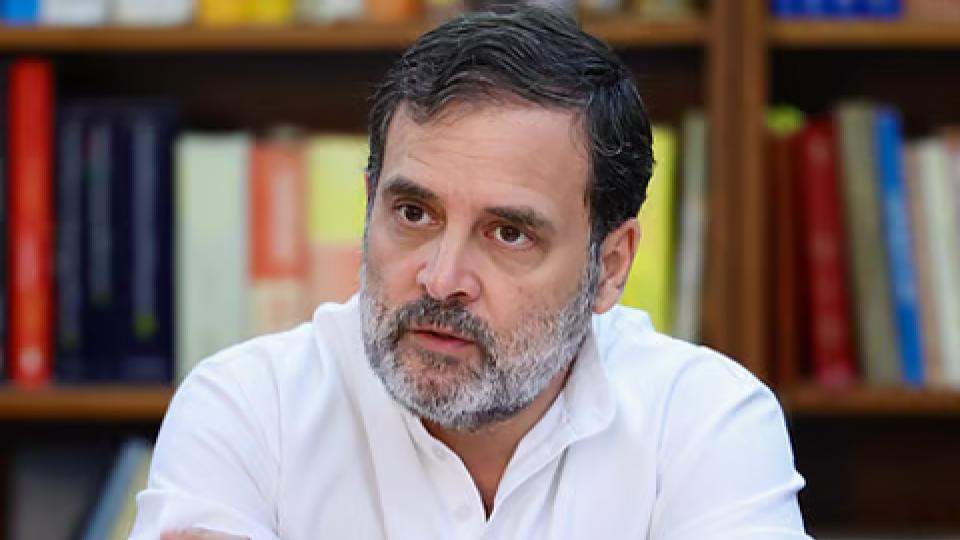
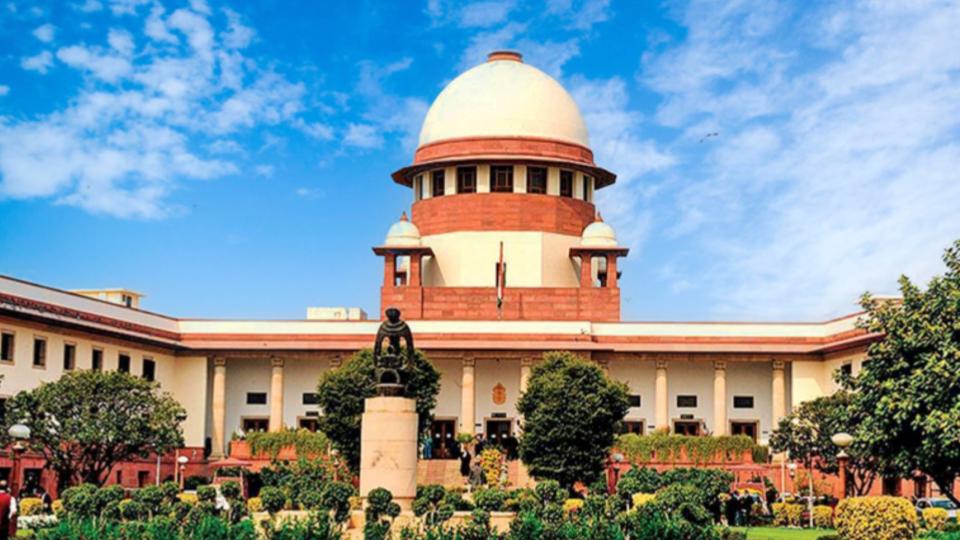
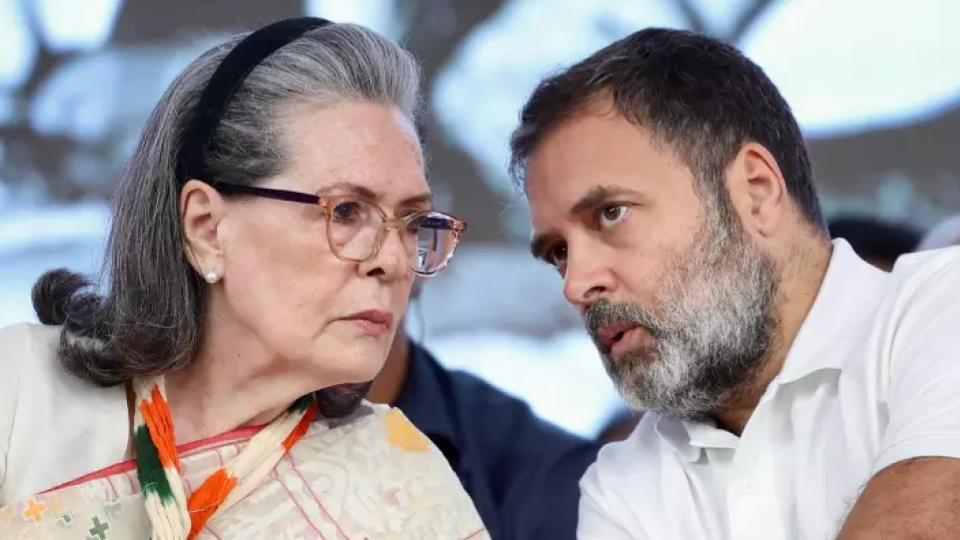
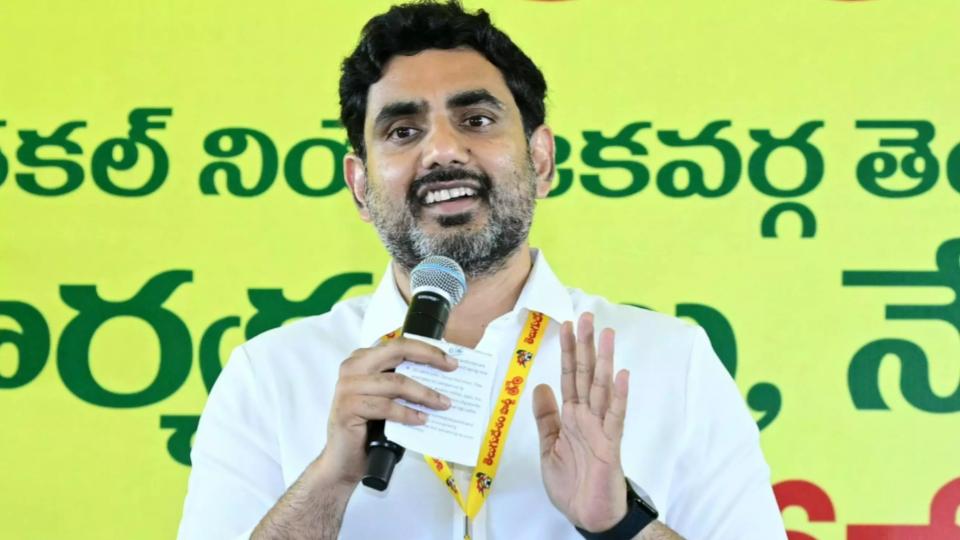

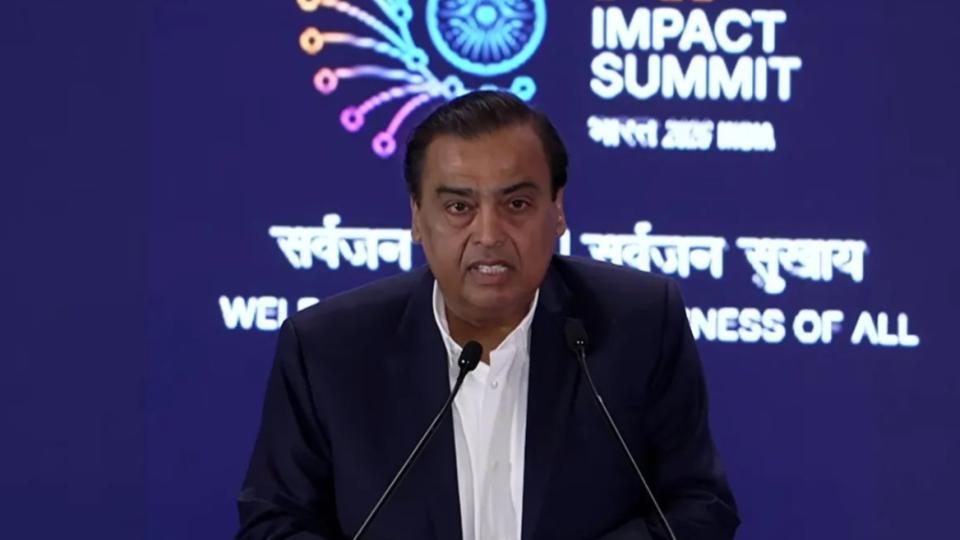
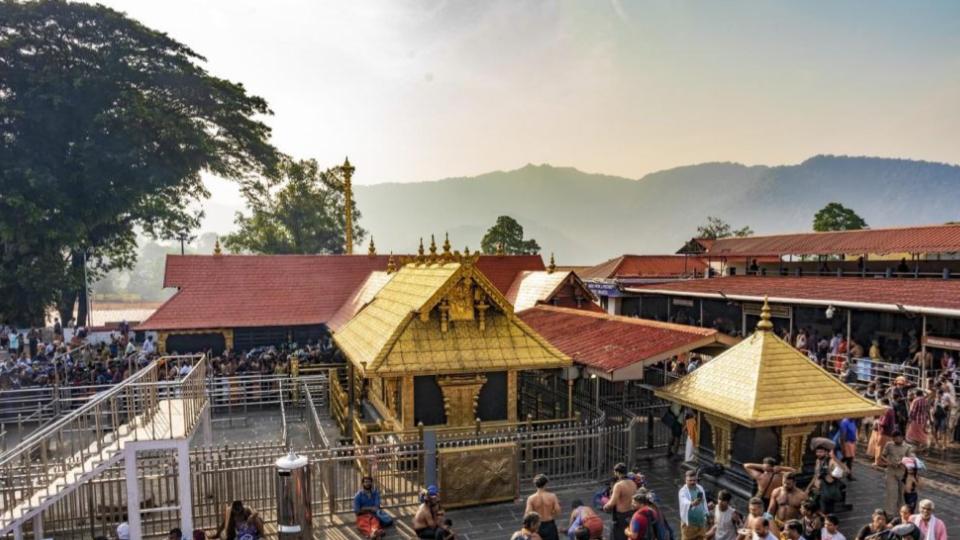
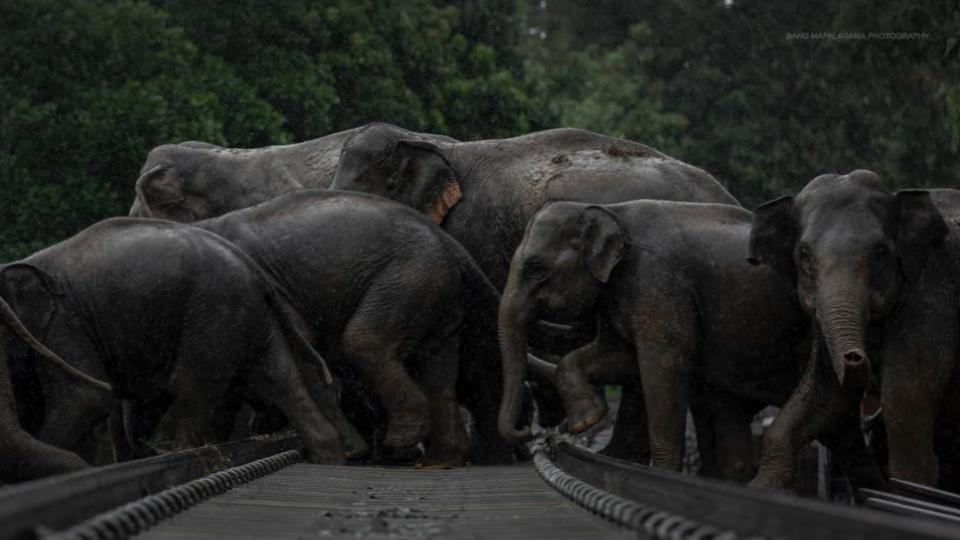
.jpg)

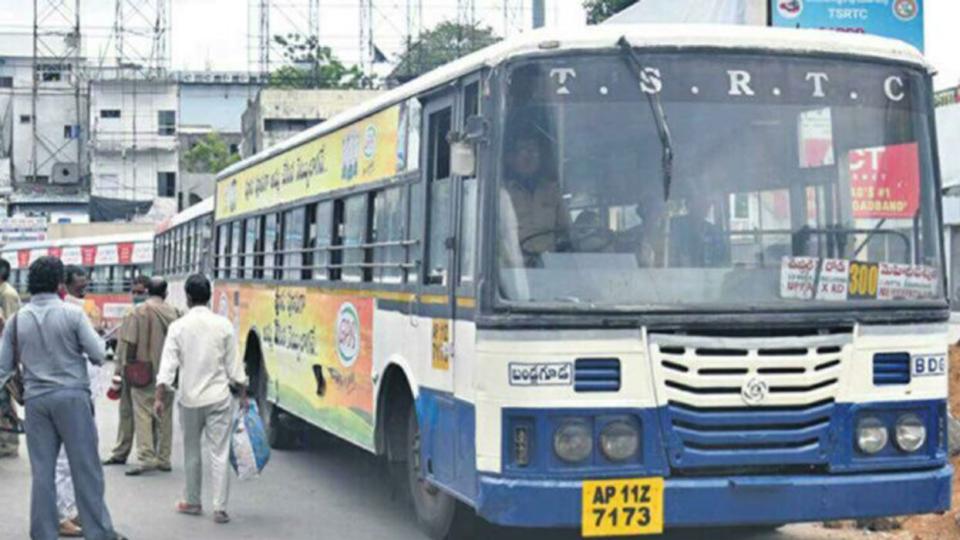
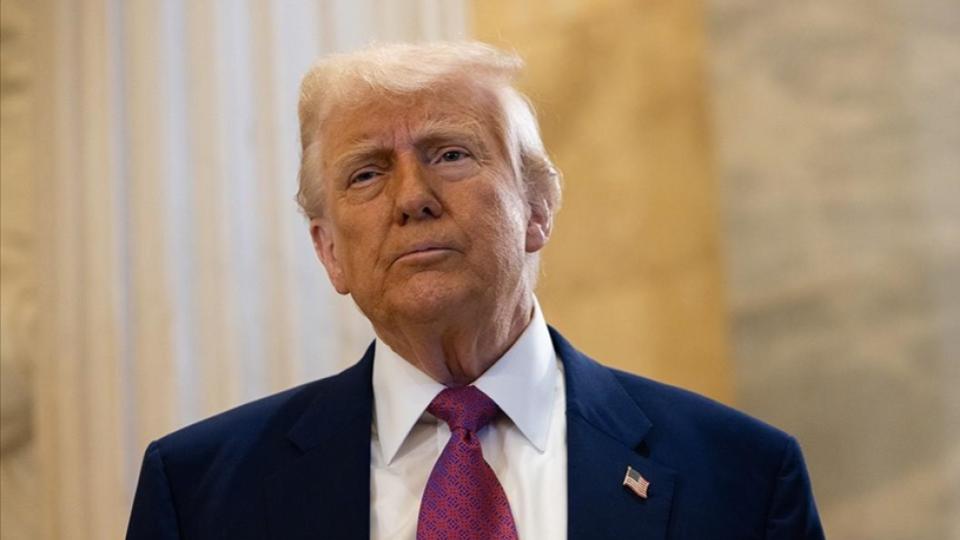
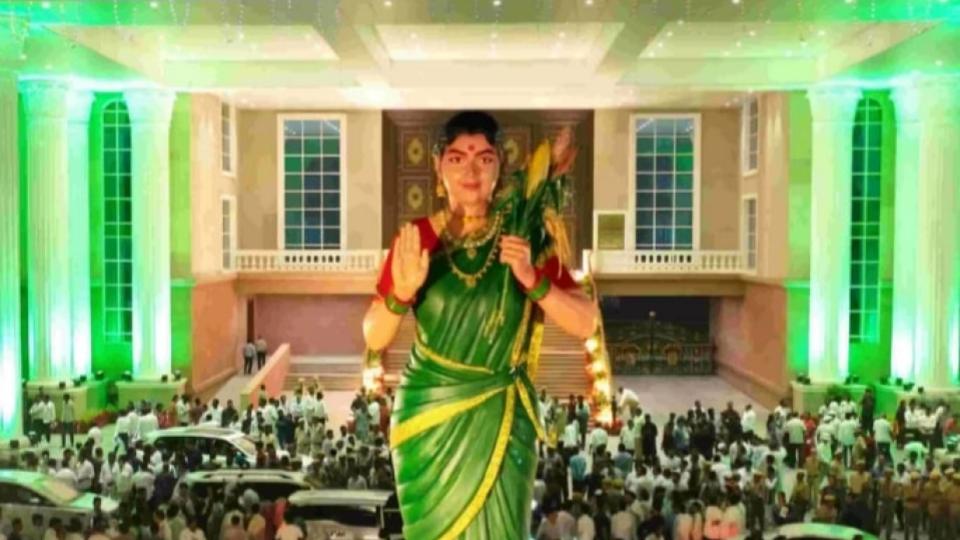
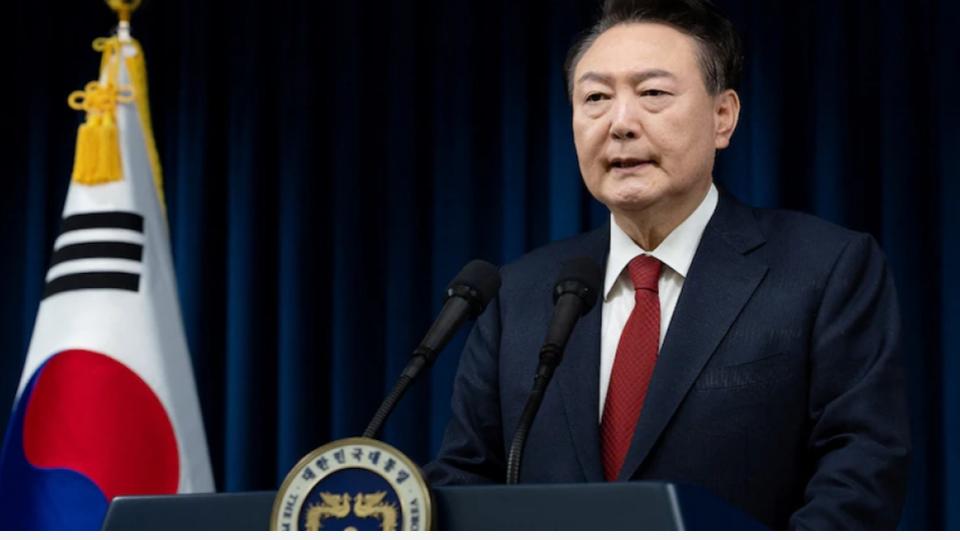

.jpg)

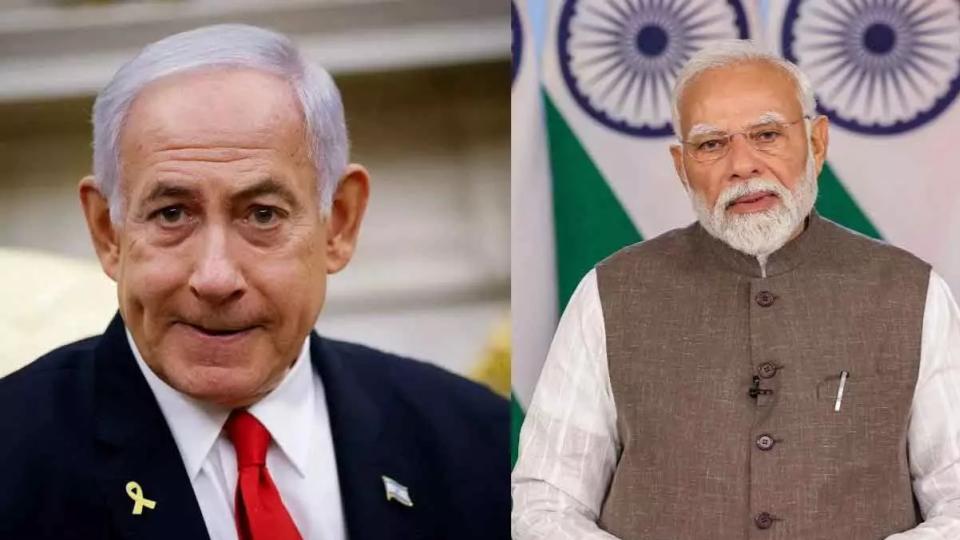

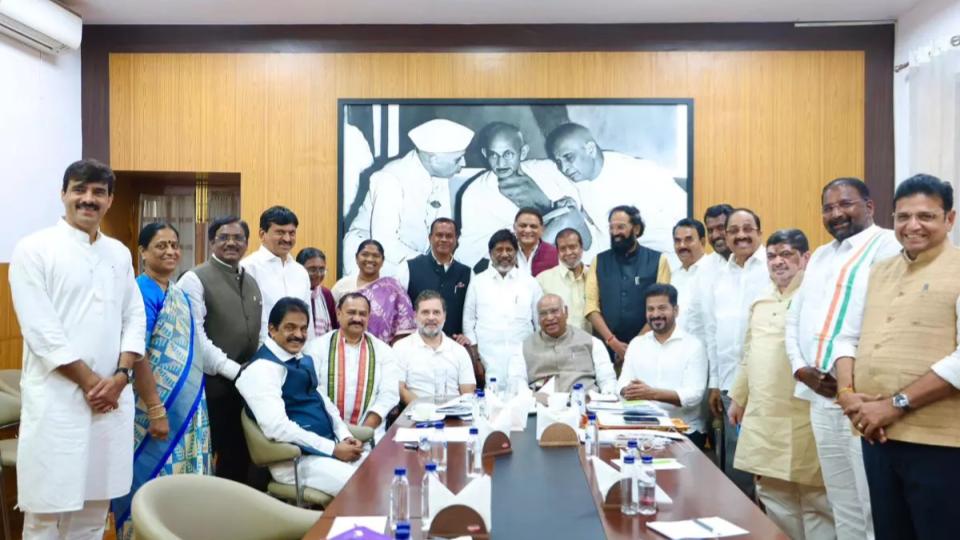
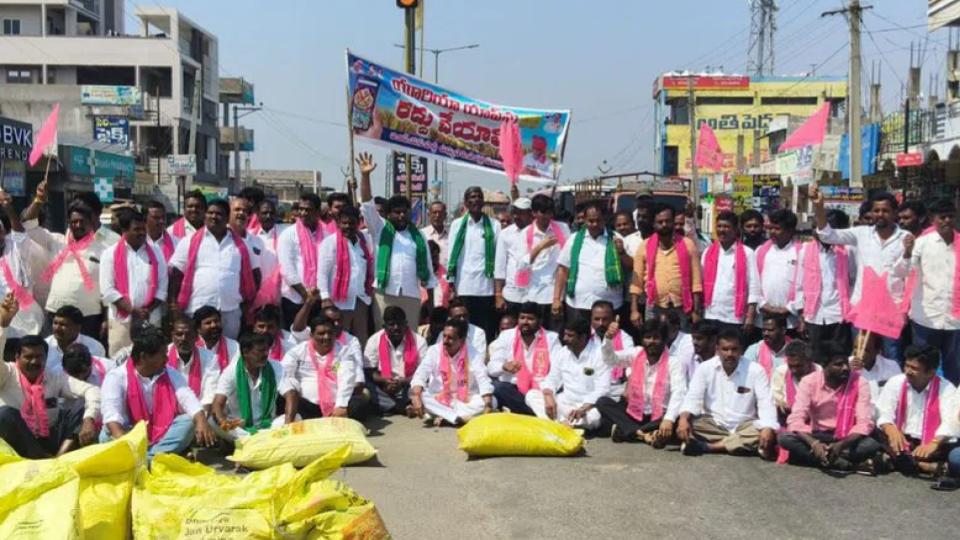












.jpg)
.jpg)
.jpg)


